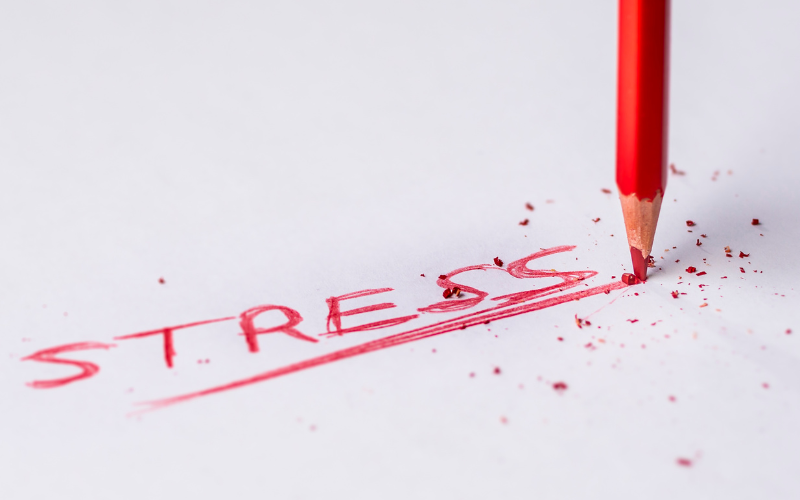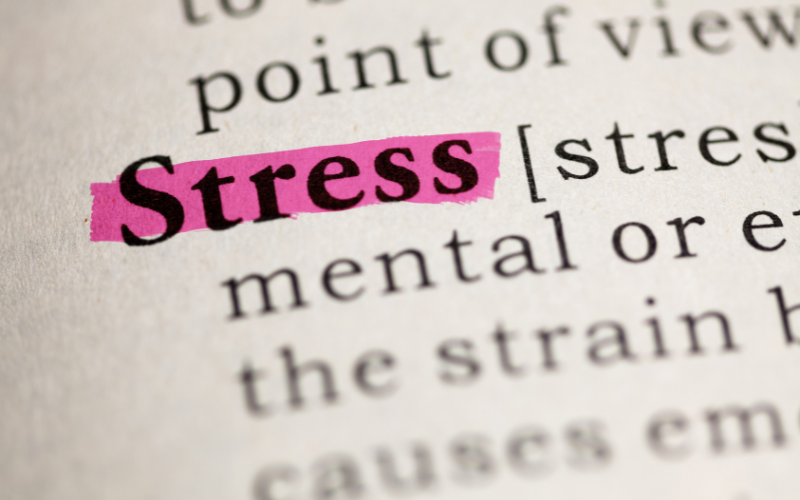Stress is an inevitable part of life, but it can be managed effectively with the right strategies and techniques. If left unchecked, stress can lead to serious health problems, including anxiety, depression, and even heart disease. That’s why it’s essential to take steps to manage stress and keep it under control. In this article, we’ll explore the causes of stress, the impact it can have on our lives, and the best ways to manage it.
Stress is a common experience for most people, and it can arise from a variety of sources, including work, relationships, finances, and health problems. While some stress is normal and can even be beneficial, too much stress can have negative consequences. To stay healthy and happy, it’s essential for managing stress effectively and find ways to reduce its impact on your life.
Understanding the Causes of Stress
Stress can arise from many different sources, and it’s essential to identify the root cause of your stress to find effective solutions. Some common causes of stress include:
-
- Work: A high-pressure job or long hours can lead to stress, as can a lack of control over your work environment.
- Relationships: Conflict with friends, family, or partners can cause stress, as can the loss of a loved one.
- Finances: Money problems and debt can cause stress, especially if they seem insurmountable.
- Health problems: Chronic illnesses or injury can cause stress, as can the fear of developing a serious health problem.

Identifying the Signs of Stress
Identifying the signs of stress is the first step in managing it effectively. Some common signs of stress include:
- Fatigue
- Irritability
- Insomnia
- Physical symptoms like headaches and muscle tension
- Changes in appetite or weight
- Difficulty concentrating
If you experience any of these symptoms, it’s essential to take steps to manage your stress and reduce its impact on your life.
The Impact of Stress on Your Life
Stress can have a significant impact on your physical and mental health, and it can also affect your relationships and work life. Some of the ways stress can impact your life include:
- Physical health: Stress can lead to a variety of physical health problems, including heart disease, digestive issues, and decreased immune function.
- Mental health: Stress can cause anxiety and depression, and it can also increase the risk of substance abuse and addiction.
- Relationships: Stress can strain your relationships and cause conflict with friends, family, and partners.
- Work: Stress can impact your work performance and lead to burnout, absenteeism, and decreased productivity.
The Importance of Managing Stress
Managing stress is essential for maintaining good health and happiness. By reducing the impact of stress on your life, you can improve your physical and mental health, strengthen your relationships, and be more productive and successful at work.

Dealing with Stress
There are many effective strategies for managing stress, and the best approach will vary from person to person. Some common strategies include:
- Exercise: Physical activity is a great way to reduce stress and improve your physical and mental health. Aim to get at least 30 minutes of moderate exercise each day.
- Relaxation techniques: Techniques like deep breathing, meditation, and yoga can help you relax and reduce stress. Find the technique that works best for you and practice it regularly.
- Healthy diet: Eating a healthy, balanced diet can help you manage stress and improve your physical and mental health. Aim to eat plenty of fruits, vegetables, whole grains, and lean proteins, and limit your intake of sugar, caffeine, and alcohol.
- Time management: Effective time management can help you reduce stress by giving you more control over your schedule and reducing the sense of being overwhelmed. Try to prioritize your tasks, delegate when possible, and set realistic goals.
- Social support: Having strong social support can help you manage stress and improve your mental health. Spend time with friends and family, join a support group, or consider seeing a therapist.
Tips for Managing Stress in the Workplace
If work is a major source of stress, there are steps you can take to reduce its impact:
- Communicate with your boss: Talk to your boss about your workload and responsibilities, and try to find ways to reduce your stress levels.
- Take breaks: Take regular breaks throughout the day to stretch, walk, or simply relax.
- Practice self-care: Take care of your physical and mental health by eating well, getting enough sleep, and engaging in activities you enjoy.
- Set boundaries: Set clear boundaries between work and home life to reduce the stress of always being connected.

FAQs:
- What are some effective stress management skills?
Some effective stress management skills include mindfulness, breathing techniques, time management, setting boundaries, exercise, and a healthy diet. It’s important to find the skills that work best for you.
- How can mindfulness help manage stress?
Mindfulness is a powerful stress management skill that can help you stay calm and centered, even in the face of stress. By focusing on the present moment and paying attention to your thoughts and feelings without judgment, you can reduce stress levels and improve your overall well-being. Practicing mindfulness regularly can help you develop a more positive outlook on life and reduce stress levels over time.
- What is the role of exercise in stress management?
Exercise is a great way to manage stress and improve your physical and mental health. Regular physical activity can help reduce stress levels, improve mood, and boost energy levels. Whether it’s going for a walk, taking a yoga class, or playing a sport, exercise is a crucial part of any stress management plan.

Takeaway
Stress is a natural part of life, but it can quickly get out of control and impact our mental and physical health. To lead a happier and healthier life, it’s essential to develop effective stress management skills. By practicing mindfulness, breathing techniques, time management, setting boundaries, exercise, and a healthy diet, you can reduce stress and improve your overall well-being. Remember to take care of yourself and prioritize self-care, and seek support from friends, family, or a therapist when needed. With the right approach, you can master the art of stress management and lead a fulfilling life.



